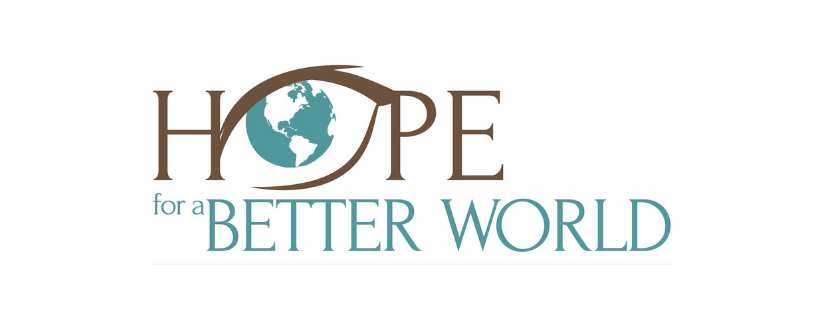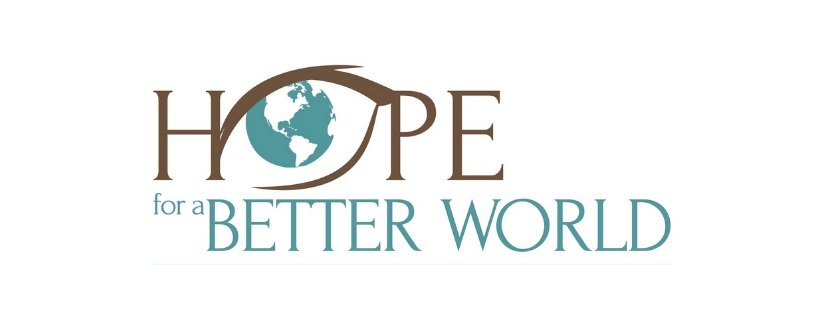Why Haven't I Heard of Energy Medicine before?
"Naturally, you are thinking, if these methods were really any good, doctors would be using them. But it takes time for new ideas to be accepted. Back in Vienna in the 1800s, one doctor had the audacity to suggest to his colleagues that they wash their hands after they finish working on cadavers, rather than using their unwashed hands to deliver babies. He knew this would keep the women and their babies alive, by sparing them infections. But his colleagues ridiculed him. It took them thirty years to catch on and wash their hands. Imagine how many babies died because of such doctors who thought they knew it all?"(Burton Goldberg, Alternative Medicine p7)
#1 Medical students get high grades when they simply repeat in their tests exactly what the teacher wants them to say as opposed to students who question what they are being taught. Thus medical schools become filled with students who are good at adopting given wisdom, but not necessarily good at thinking and questioning, because they have learned to follow precepts handed to them by presumed authorities.
#2 Medical schools have organ-specific departments. The idea of an underlying link between departmentalized diseases is nonexistent in that framework. Nutrition affecting cell function is ignored or derided by department heads. [Thankfully, this has changed!]
#3 Doctors are rewarded monetarily for ‘rescue’ medicine that treats symptoms. There is scorn, not rewards for attempts to prevent illness or correct nutritional deficiencies.
#4 Insurance companies require sticking to the model. The definition of ‘malpractice’ is not if it was good or bad, but rather if what was in question is what other doctors in the given locality normally do or prescribe. Also, doctors naturally seek the professional and social approval of their peers, thus perpetuating the status quo.
Candace Pert, Ph.D. adds her witness as to why we may not have heard of this field of help from a scientist’s perspective.
"As a culture we are all in denial about the importance of psychosomatic causes of illness. ... Truly original, boundary breaking ideas are rarely welcomed at first, no matter who proposes them. Protecting the prevailing paradigm, science moves slowly, because it doesn’t want to make mistakes. Consequently, genuinely new and important ideas are often subjected to nitpickingly intense scrutiny, if not outright rejection and revulsion, and getting them published becomes a Sisyphean labor. But if the ideas are correct, eventually they will prevail. It may take, as in the case of the new discipline of psychoneuroimmunology, a good decade, or it may take much longer. But eventually, the new view becomes the status quo and ideas that were rejected as madness will appear in the popular press, often touted by the very critics who did so much to impede their acceptance. Which is happening today as a new paradigm comes into being." (Molecules of Emotion p19-20)
I think that same reasoning may explain what happens with church leaders. They don't want to make mistakes either! Again, caution unwittingly ends up protecting prevailing paradigms. As a group, religious leaders move as slowly as science. They are to share truth with a capital "T"! Not all awaken to available new science at the same time.
Peta Stapleton, PHD is a psychologist who explains my point:
"Finally, there is what is called a “translational gap”, where any new therapies take some time before they are considered standard care. The American Institute of Medicine says this takes about 17 years and only 20 percent of new therapies are accepted in mainstream. It is also suggested that it takes a decade for practitioners to adopt new approaches into their clinical practice after they have been approved (Dilling et al., Ploeg et al.)." (Peta Stapleton, PhD, “The Energy Field,” Spring 2021)
So while there is increasing awareness of a larger transformational change in paradigms for science and healing for some people, others are totally unaware. It appears to me that those of us who have been led to energy healing and energy psychology are simply ahead of our time. This sits well with church leaders who are open to change or willing to look at evidence. However, some people are not ready or willing to think "outside of the box." This leads to some interesting interactions with local church leaders who are not aware of the limitations of their current world view.
I agree wholeheartedly with Burton Goldberg that we need individualized care.
"I’m not against mainstream, conventional medicine. The Chinese have a saying about the wisdom of "walking on both feet," which means using the best of Eastern and Western procedures. That’s what I want to see us do. There is no single approach that works for all people, or with all conditions. This goes for alternative medicine as well. Experience shows, that you’re likely to get the best results with a practitioner who has trained in a number of different modalities. There may be many underlying factors influencing your health- nutritional deficiency, poor digestion, toxicity from environmental pollutants, or mental and emotional stress. You want a practitioner who is capable of determining exactly what needs to be done to help you regain health and vitality. You also want an open-minded practitioner who treats you as an individual. What’s good for Harry is not necessarily good for Mary. You are biochemically unique. Here is a most important, optimistic, and totally realistic thought to carry with you. Most everything is reversible. You need only to find the right therapies. Be well!" (Alternative Medicine, p xxxviii)
William Campbell Douglass, M.D. wrote in his book Into The Light "Conventional medicine will not use nontoxic, bioenergetic methods, such as photo-oxidation, because conventional medicine has no concept of altering biological energy flow." (p 4-5) Pioneers in light therapy cured an incredible variety of afflictions. The future of light therapy seemed assured. "At about the same time, however, antibiotic treatment made its debut... since they had the additional advantage (to the medical community) of requiring the production of prescription drugs, they soon became the treatment of choice." (p 9)
Dr. Douglass also quotes from Dr. Ott who touches on skepticism: "The positive results obtained from the various pilot experiments ... produced, in each instance, a reaction of doubt and a suspicion of something not much short of witchcraft... To suggest that light entering the eyes could have any biological function other than producing vision was like seriously talking - [several decades] ago- of man's footprints some day being on the moon." (Into the Light p 194)
Likewise, David Feinstein, PhD says of Energy Psychology that even though it has amazing speed and effectiveness even with difficult cases "The acceptance, as might be expected, of any radically atypical approach has been slow within the broader psychotherapeutic community."

